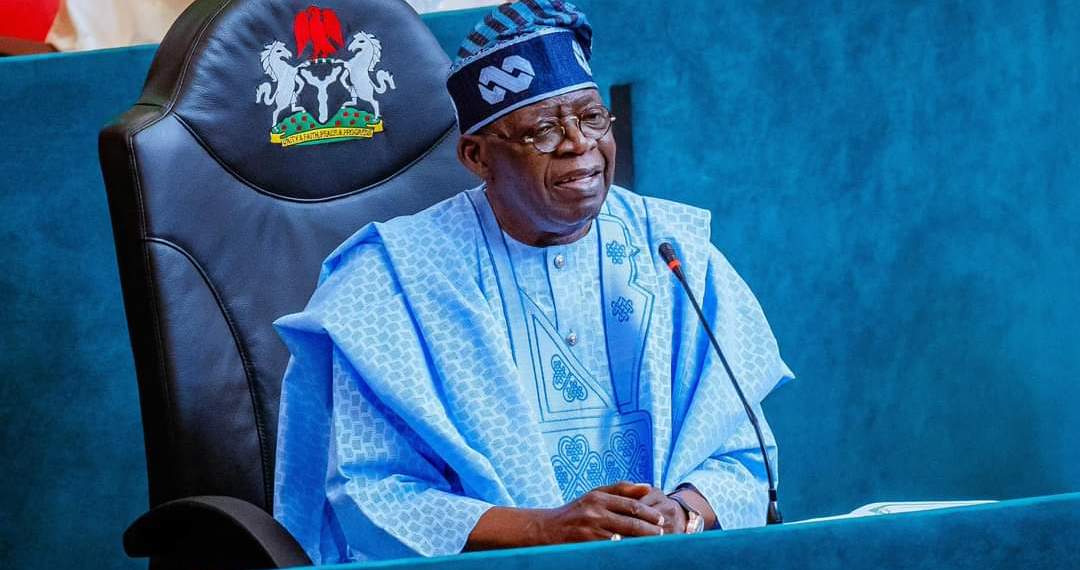“People should have been incentivised to establish MSMEs instead of seeking opportunities abroad”
By Nudoiba Ojen
President Bola Tinubu has stated that Nigeria’s high unemployment rate is primarily due to its rapidly growing population, which has not been matched by a corresponding rise in service providers and job opportunities.
Tinubu, represented by the Secretary to the Government of the Federation, Senator George Akume, made the remark during the second edition of the National MSME Conference, themed “Grow Nigeria: Sustaining a Digital and Innovation-driven Economy”, held on Thursday in Abuja.

The President said that the situation has created a significant gap between the number of people seeking employment and available positions.
Tinubu that his government has provided N9 billion through the Small and Medium Enterprises Development Agency of Nigeria to improve access to capital for micro, small, and medium enterprises, aiming to boost their productivity and contribution to the nation’s economy to address the situation.
He said, “For too long, Nigeria has underperformed, unable to harness the potential of its large population of hardworking citizens. Nigerians are not lazy; the problem has been a lack of job opportunities.

“As the population grew, service providers did not expand proportionately. The steps we are taking now should have been taken long ago. People should have been incentivised to establish small and medium enterprises instead of seeking opportunities abroad.
“MSMEs are the backbone of our economy, accounting for 90% of businesses in the country and contributing nearly half of our GDP. They provide employment for over 60 million Nigerians, many of who are young people. MSMEs are key to rural industrialisation, poverty alleviation, and sustainable development. When SMEs prosper, Nigeria prospers.”
The president further noted that the localisation of production processes and reducing costs are essential to tackling food insecurity and hunger in the country.

“Nigerians are experiencing hunger because we have not fully localised production processes and reduced costs effectively. Innovation and digitalisation are vital to achieving this goal. We must build an economy that is sustainable for future generations. Our constitution demands it, I demand it, and morality demands it.”
He also stressed the need for a shift from a crude-based economy, which has left the country burdened with debt, to one where the production and wealth-generating power is moved to the people, ensuring a more equitable distribution of resources.
In her address, the Minister of Industry, Trade and Investment, Dr Doris Uzoka-Anite, emphasised the importance of digitisation in driving MSME growth in Nigeria.

She noted that digital transformation could increase productivity, automate tasks, improve efficiency, and reduce costs.
The Director-General of SMEDAN, Mr Charles Odii, added that the agency is committed to supporting MSMEs through cluster initiatives and urged collaboration to overcome challenges such as limited infrastructure, high operating costs, and regulatory burdens.
The National Bureau of Statistics recently reported that unemployment rose marginally to 5.3% in Q1 2024, from 5.0% in Q3 2023. The data indicated a higher unemployment rate among females (6.2%) compared to males (4.3%). Urban unemployment remained at 6.0%, while rural unemployment stood at 4.3%.




